When dealing with hot water sink but not shower, a situation where the kitchen or bathroom sink gets hot water while the shower stays cold. Also known as partial hot‑water loss, it usually points to a plumbing or heating system imbalance. One frequent offender is the boiler, the central heating unit that supplies hot water to the whole house. Another suspect is the shower valve, the mixing device that blends hot and cold water for the shower. A third possibility is a plumbing blockage, an obstruction in the hot‑water pipe feeding the shower. Understanding how these parts interact helps you pinpoint the problem fast.
The first thing to test is the boiler pressure. Low pressure can prevent hot water from reaching the shower while still warming the sink, because the hot‑water loop often uses a separate circuit. Locate the pressure gauge on the boiler; it should read between 1 and 1.5 bar when the system is cold. If it’s below that, you can usually top it up using the filling loop – just follow the manufacturer’s instructions and keep the pressure within the recommended range. This simple step often resolves the issue, showing that hot water sink but not shower is tied to pressure imbalance.
If the pressure looks fine, move on to the shower valve. Over time, mineral deposits or a worn cartridge can block hot‑water flow. Remove the valve handle, expose the cartridge, and check for any buildup. A quick soak in vinegar can dissolve calcium, or you may need to replace the cartridge entirely. When the valve works properly, hot water should travel to the shower just like it does to the sink, confirming the semantic link: shower valve influences hot‑water distribution.
When both boiler pressure and valve health check out, inspect the hot‑water pipe for blockages. A sudden loss of hot water in the shower alone can mean a localized clog, often caused by solder debris from a recent repair or a buildup of rust inside old copper piping. Turn off the water supply, detach the pipe leading to the shower, and look for obstructions. If you spot a blockage, clear it with a flexible pipe brush or replace the short section of pipe. A clear pipe restores the flow, illustrating that plumbing blockage affects hot‑water delivery to specific fixtures.
Sometimes the issue isn’t mechanical at all – it can be a settings problem on the boiler’s internal diverter, especially on combi boilers that split water between central heating and domestic hot water. The diverter may stay stuck on the heating circuit, sending warm water to radiators and the sink but not to the shower. Resetting the diverter or adjusting the selector switch often solves the problem. In rare cases, the diverter motor itself may need replacement, which is a job for a qualified engineer.
Finally, consider the water heater if your home uses a separate tank. A failing thermostat or a broken heating element can deliver lukewarm water to low‑flow outlets like the sink while the higher‑flow shower draws colder water. Check the temperature setting on the water heater; it should be around 60 °C (140 °F). If the water feels lukewarm across all taps, the heater may need service or replacement. This shows that water heater performance directly influences the hot‑water experience throughout the house.
To recap, the key steps are: check boiler pressure, inspect the shower valve, look for pipe blockages, verify boiler diverter settings, and assess the water heater’s temperature control. Each of these entities – boiler, shower valve, plumbing blockage, diverter, water heater – plays a distinct role in why you might experience hot water at the sink but not the shower. By tackling them one at a time, you’ll either fix the problem yourself or gather solid information for a professional to act on.
Below you’ll find a collection of detailed guides that dive deeper into each of these areas, from resetting your boiler to troubleshooting a stuck shower valve. Use them as a step‑by‑step handbook to get your whole home back to full hot‑water comfort.
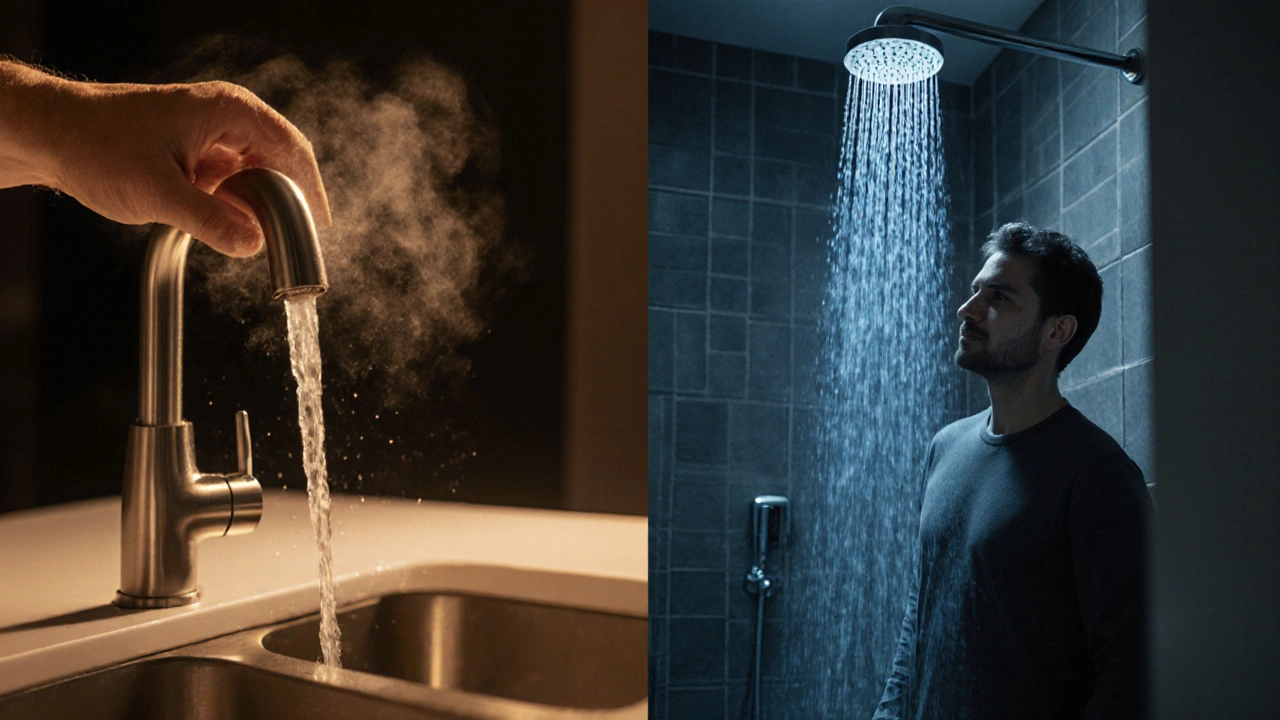
Discover why hot water reaches your sink but not the shower, learn the common causes, DIY fixes, and when to call a plumber for a reliable solution.
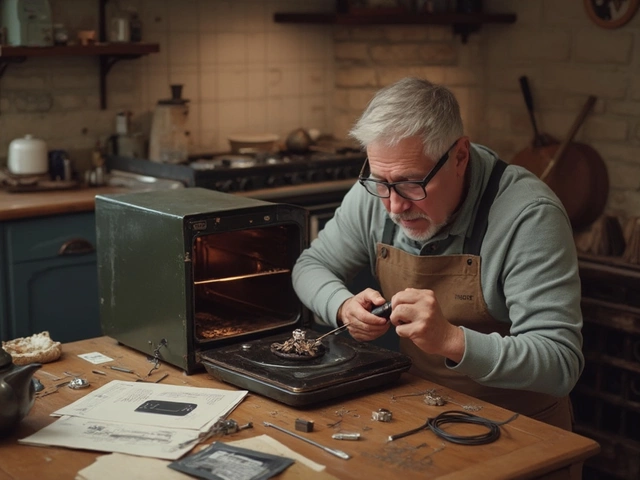
Oven troubles can throw a wrench in your meal plans. From a faulty heating element to problematic door hinges, diagnosing oven issues doesn't have to be daunting. This guide helps you identify and address common electric oven problems. Learn when a DIY fix is safe and when it's time to consult a professional. Simple steps and practical tips get you on your way to a working oven.
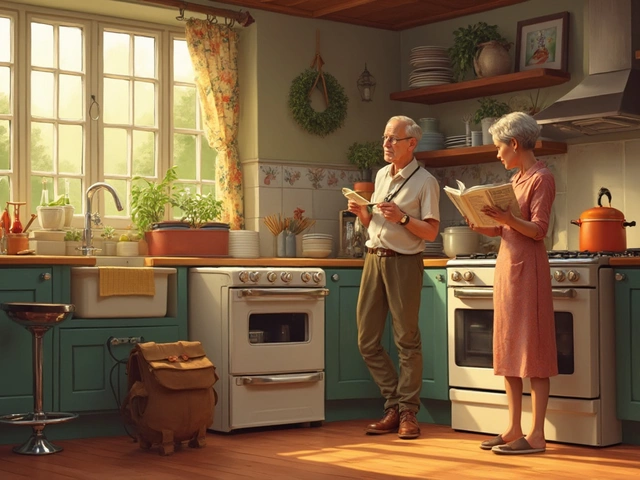
If your cooker suddenly stopped working, it might be due to a range of reasons from electrical issues to simple user errors. Understanding the root cause is key to fixing the problem efficiently. In this article, we explore common reasons why cookers fail and offer practical troubleshooting tips to get your appliance working again. From checking the power supply to examining electrical components, we cover it all. Get your cooker back up and running with our straightforward guide.
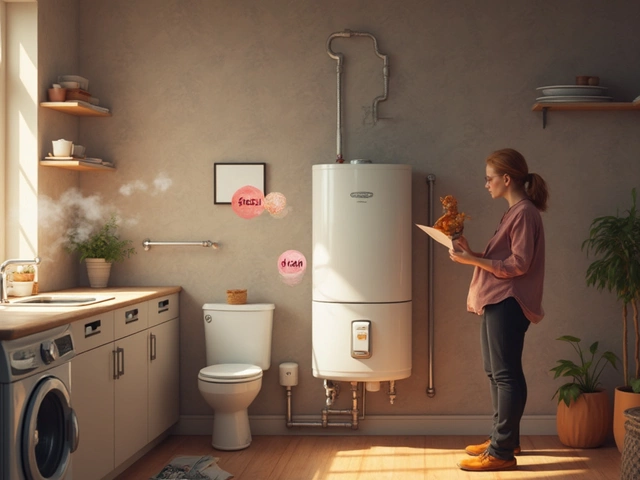
Wondering if you should flush or just drain your water heater? This article breaks down the difference, when each method makes sense, and what actually helps your water heater last longer. You'll find practical advice, simple tips, and a few things even pros forget. Discover the truth about tank cleaning—without the jargon or confusion. Your next maintenance day just got a lot less stressful.
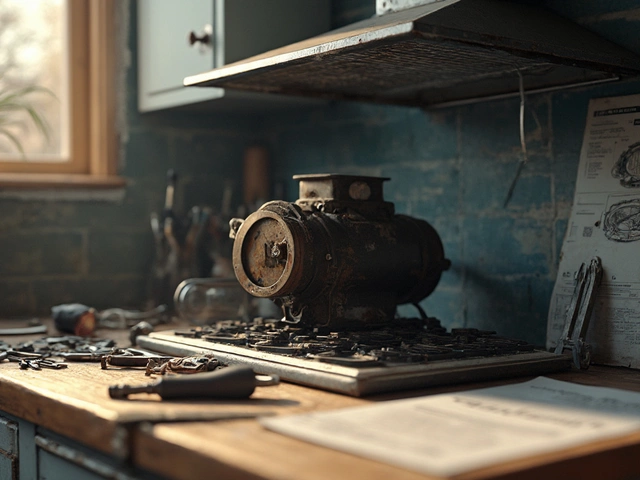
Thinking about swapping out the motor in your extractor fan? This article breaks down what's really involved, the red flags that mean the motor's cooked, and how to decide if you should tackle it yourself or call in a pro. It covers how to find the right replacement part, tips to avoid shocking mistakes, and why some fans just aren’t worth fixing. Whether your bathroom fan wheezes or your kitchen extractor hums like a jet, here’s how to handle a motor on its last legs.
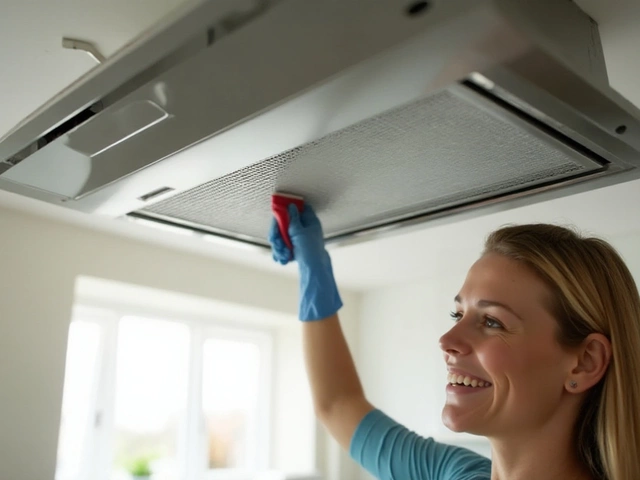
Routine maintenance of extractor fans is crucial to maintaining indoor air quality and ensuring the efficient operation of these ventilation systems. This article explores why servicing extractor fans is important, providing insight into potential problems that may arise if overlooked. Learn how regular upkeep can prevent costly repairs and improve the lifespan of your equipment. Discover practical tips and a step-by-step guide on how to ensure your extractor fan is operating at its best. Keep your home fresh and healthy by understanding the significance of extractor fan servicing.